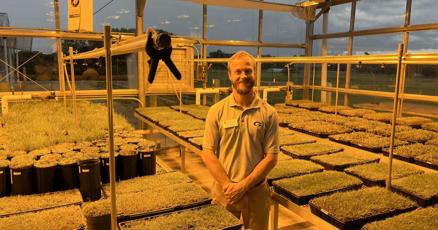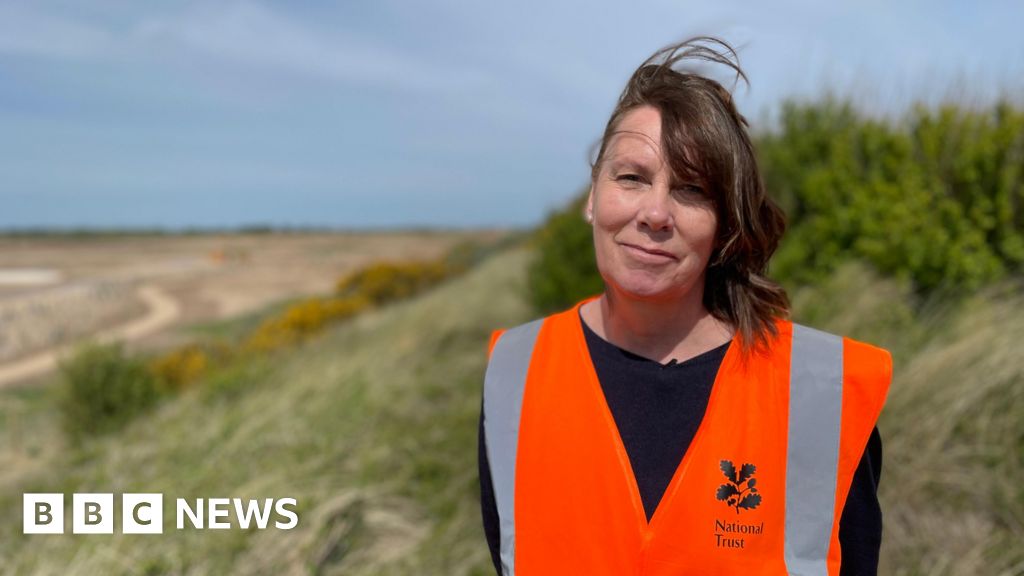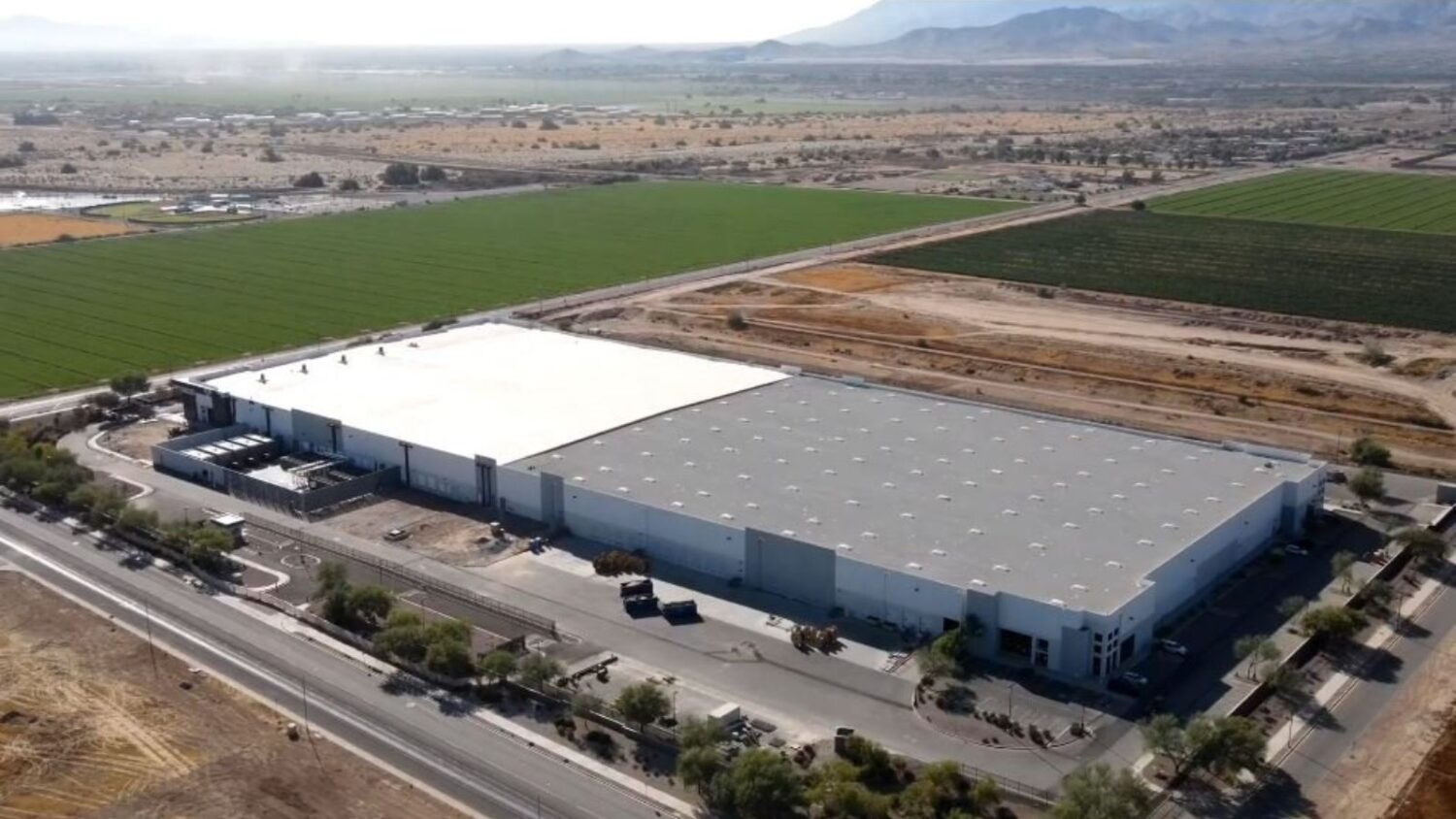Green Trails, Smart Limits: Colorado's Bold Plan to Protect Nature While Embracing Adventure
Environment
2025-04-29 13:28:41Content
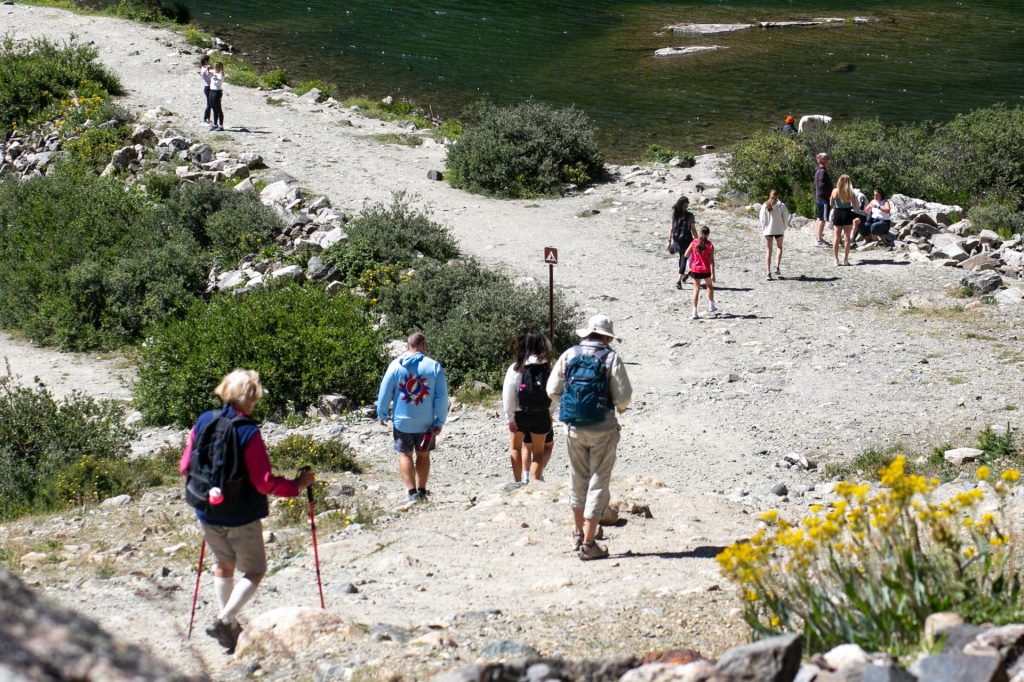
Colorado's Outdoor Playground: Balancing Recreation and Conservation
As the state's outdoor recreation economy continues to flourish, a critical challenge emerges: preserving the very natural landscapes that make these experiences possible. The breathtaking mountains, pristine rivers, and expansive wilderness areas that attract millions of visitors each year are not just scenic backdrops, but delicate ecosystems requiring careful stewardship.
The growing popularity of outdoor activities—from hiking and mountain biking to skiing and fishing—has sparked an urgent conversation about sustainable recreation. Colorado stands at a pivotal moment, recognizing that the long-term viability of its outdoor economy depends on proactive conservation efforts.
Stakeholders across the state are increasingly collaborating to develop innovative strategies that protect natural resources while maintaining the accessibility and appeal of Colorado's outdoor spaces. By striking a delicate balance between recreational enjoyment and environmental preservation, the state aims to ensure that future generations can continue to experience the same natural wonders that make Colorado a world-renowned destination for outdoor enthusiasts.
Preserving Paradise: Colorado's Delicate Balance Between Outdoor Recreation and Environmental Stewardship
In the heart of the Rocky Mountain state, a critical dialogue is unfolding about the future of outdoor recreation and environmental conservation. As more adventurers and nature enthusiasts flock to Colorado's breathtaking landscapes, the delicate ecosystem faces unprecedented challenges that demand innovative and collaborative solutions.Protecting Nature's Playground: A Crucial Mission for Colorado's Future
The Economic and Ecological Crossroads
Colorado stands at a pivotal moment where economic prosperity and environmental preservation intersect with remarkable complexity. The state's outdoor recreation industry has become a powerful economic engine, generating billions of dollars annually and supporting thousands of jobs. However, this economic success comes with significant environmental implications that cannot be overlooked. The surge in outdoor activities has transformed pristine wilderness areas into bustling recreational zones. Hiking trails once traversed by occasional explorers now witness thousands of footsteps daily. Mountain biking routes, rock climbing destinations, and ski resorts have expanded dramatically, creating unprecedented pressure on fragile alpine ecosystems.Innovative Conservation Strategies
State environmental experts and recreation professionals are developing groundbreaking approaches to mitigate ecological impact. Advanced trail management techniques, including strategic path redesigns and intelligent visitor distribution systems, are being implemented to minimize environmental degradation. Cutting-edge technologies like geospatial tracking and real-time environmental monitoring provide unprecedented insights into human interaction with natural landscapes. These tools enable precise understanding of how recreational activities affect wildlife habitats, soil composition, and vegetation patterns.Community Engagement and Environmental Education
Transforming recreational enthusiasts into environmental stewards requires comprehensive educational initiatives. Local organizations are creating immersive programs that teach visitors about ecosystem sensitivity, responsible outdoor practices, and the intricate connections between human activities and natural environments. Collaborative workshops, guided nature experiences, and digital platforms are emerging as powerful tools for raising environmental awareness. By fostering a deeper understanding of ecological interdependence, these efforts aim to cultivate a culture of respect and preservation among outdoor enthusiasts.Policy and Sustainable Development
Colorado's legislative landscape is evolving to address the complex challenges of balancing recreation and conservation. Policymakers are crafting nuanced regulations that protect natural resources while supporting economic growth. Innovative permit systems, restricted access zones, and incentive programs for environmentally responsible businesses are being explored. These approaches seek to create a sustainable framework that allows continued enjoyment of natural spaces without compromising their long-term ecological integrity.Technological Innovations in Environmental Protection
Emerging technologies are playing a crucial role in environmental conservation efforts. Drone monitoring, artificial intelligence-driven ecological assessment, and advanced sensor networks provide unprecedented capabilities for tracking and protecting sensitive habitats. Machine learning algorithms can now predict potential environmental impacts with remarkable accuracy, enabling proactive conservation strategies. These technological interventions represent a new frontier in understanding and protecting Colorado's diverse ecosystems.Economic Implications and Future Outlook
The intersection of recreation and conservation presents both challenges and opportunities for Colorado's economic landscape. By prioritizing sustainable practices, the state can position itself as a global leader in responsible outdoor tourism. Investments in green infrastructure, eco-friendly tourism development, and conservation technologies are creating new economic opportunities. These initiatives not only protect natural resources but also generate innovative employment sectors focused on environmental stewardship.RELATED NEWS
Environment

Regulatory Powerhouse: Wiley Bolsters DC Team with Environmental and Product Safety Expert
2025-02-25 21:12:00
Environment
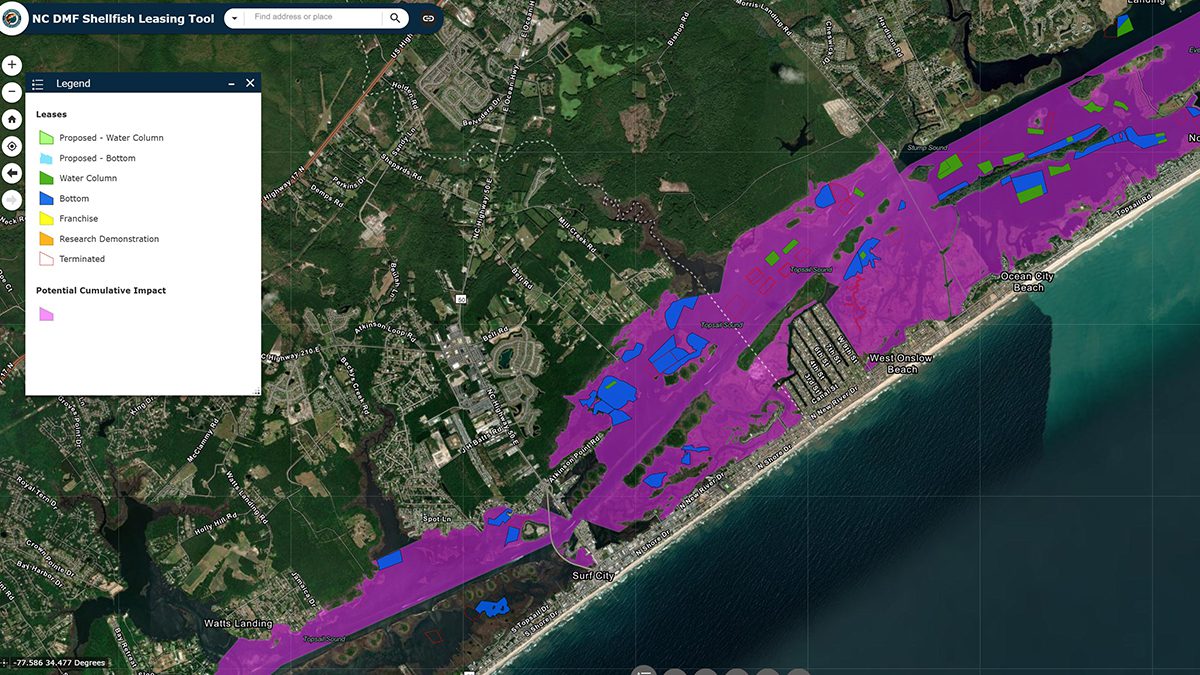
Aquaculture in Crisis: Farmers Warn of Devastating Moratorium Fallout
2025-04-24 04:00:00
Environment

Climate Paradox: Panel Blocks Restrictions on Controversial Earth-Altering Technologies
2025-03-21 20:34:29

